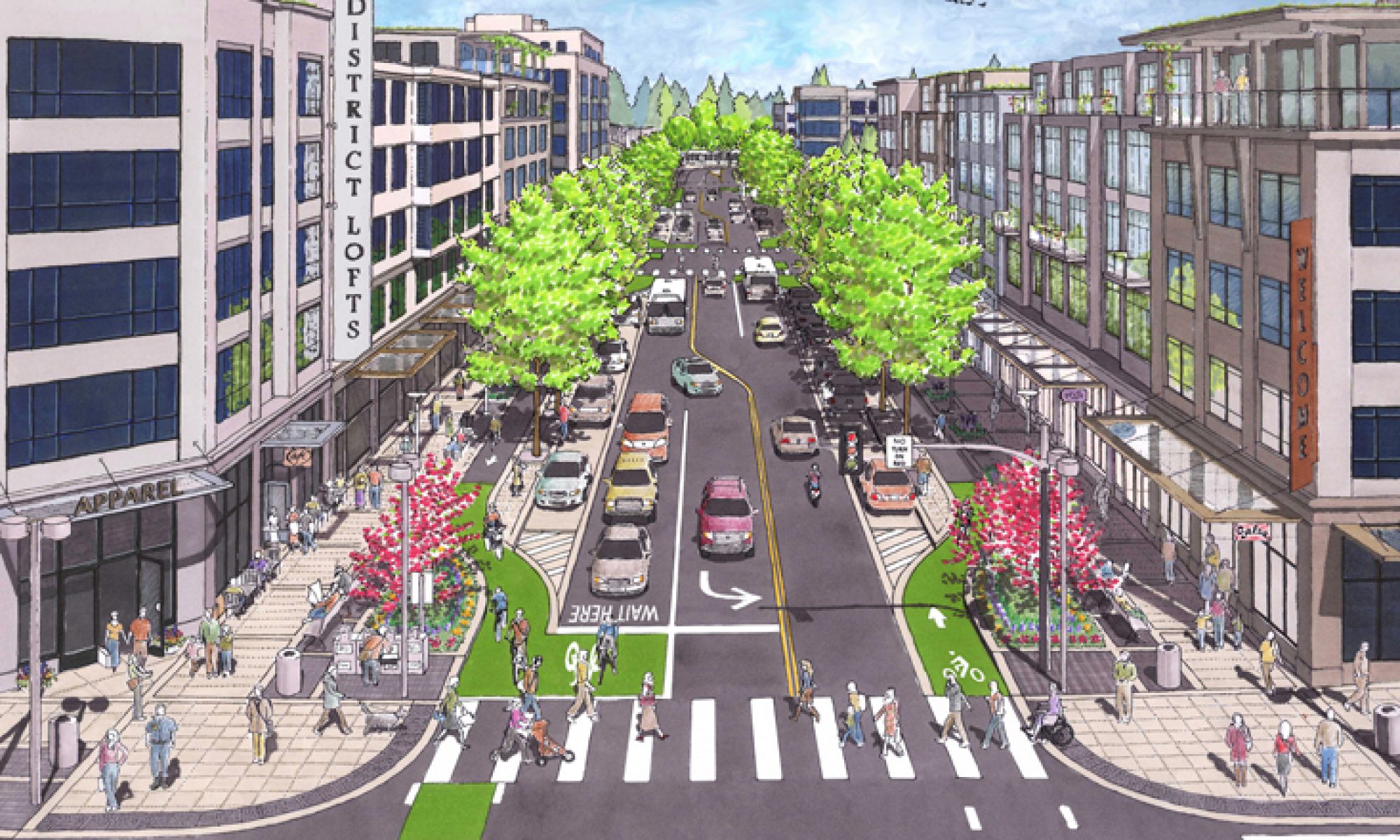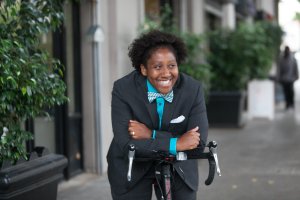“…when we talk about transportation, when we talk about planning, when we talk about anything in the built environment, we have to be willing to talk about race.” -Tamika Butler
Today on Martin Luther King Day 2022 I present you with impactful thoughts in text and audio from two leaders in Mobility Equity. Charles T. Brown and Tamika Butler have spoken and written eloquently and tirelessly about the need to make cities and towns fully accessible to people in marginalized communities, and that we must stop policing people of color on bikes and walking.
Street Smart offers a one-stop resource for city leaders and advocates to find what they need to address Mobility Equity, and Transportation as a Social Justice and Racial Justice issue in our cities.
Read on. Please comment.
Onward. -Polli
Arrested Mobility: Exploring the impacts of over-policing Black mobility in the U.S.

Mobility Equity: Whose Data Counts?
“Transportation is the prism through which we should see many other social justice issues. Because I can’t be economically mobile, if I’m not able to be mobile. I can’t have health care, education or access to those things if I literally can’t get there.” Tamika Butler
Evidence and Insight for Healthy Transportation
“Transportation connects people to the places that are essential for their well being. We believe that transportation systems can create and support healthy, just, and climate-resilient communities.”

”Yet, for many people, destinations are too far from home, transit is not reliable, walking and bicycling are impractical, or the streets are not safe. Rather than connecting people to opportunity, lack of adequate transportation is a barrier to reaching employment, schools, health care services, and social networks. Vehicular emissions expose communities to air pollution, increasing their risk of asthma and heart disease. Transportation is also the largest contributor to greenhouse gas emissions in the US, driving climate changes that will disproportionately affect many communities of color.”
“Find success stories with key lessons learned in one easy-to-search place. Why re-invent the wheel? Streetsmart offers insight via guides, case studies, and fact sheets relevant to each topic area. Learn from others working on issues similar to yours.”





